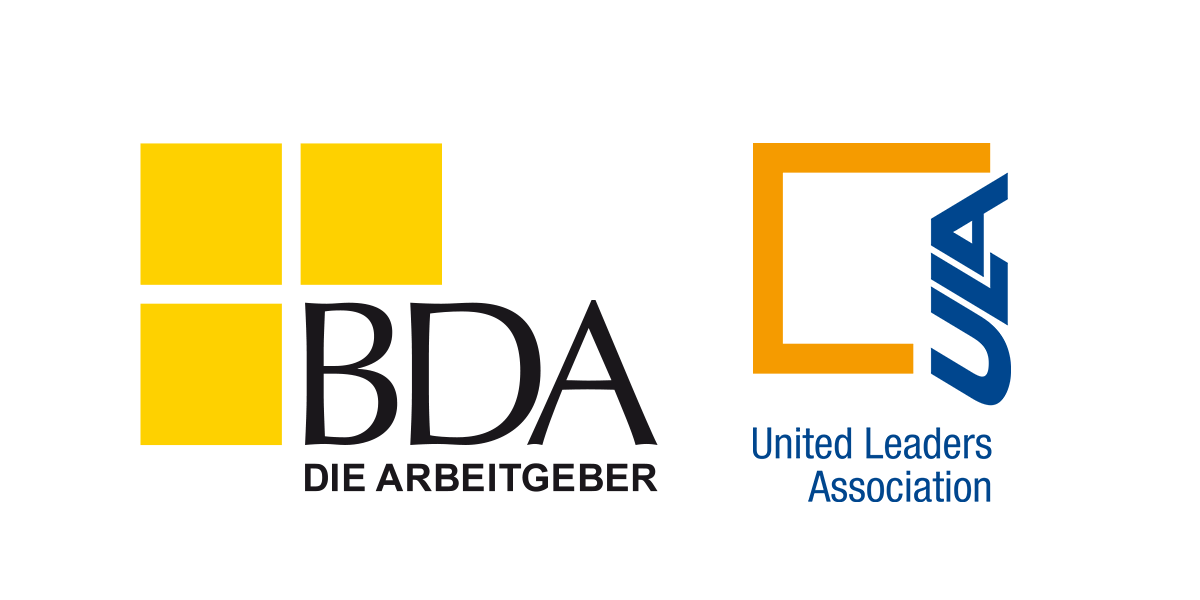German managers are ready to take up the challenge
During a recent visit to the Confederation of German Employer’s Associations – BDA President of the European Commission, Ursula Von der Leyen, called for more business through social market, and German managers and leaders are ready to take up the challenge.
Von der Leyen visited Germany on April 9, 2024. She went to the Haus der Deutschen Wirtscharft where, together with the Presidium of the Confederation of German Employers’ Associations, emphasized that “the economy is pivotal to all future endeavors, as businesses serve as the driving force behind growth, prosperity, and job creation within the social market economy.”
Von der Leyen defended the European social market economy model as a key actor that yields significant benefits, such as fostering a higher life expectancy or reducing income inequality. The clear vision is to enable European businesses to access future markets swiftly while fostering innovation and creating quality jobs.
The statement came at a moment of uncertainty due to a skills’ shortage in Germany.

Ludger Ramme, Former President of CEC European Managers
Shortage of qualified workers in Germany presents a significant challenge, but also a unique opportunity for young professionals across Europe.
Ludger Ramme, CEC European Managers former President
One of Germany‘s main challenges is the need for more qualified workers, which shows no sign of abating. As the situation worsens, it presents a unique opportunity for young people across Europe with valuable skills to consider Germany as a destination for building their careers.
However, such a decision has its challenges. For many, leaving behind home, family, and friends to embark on a new journey is a daunting prospect.
Managers are vital in facilitating transitions
The responsibility for facilitating workplace transitions lies with managers and, in this particular case, also with the aspiring migrants and the German employers.
In that sense, employers need to create welcoming and supportive workplaces that foster a sense of belonging for their international hires. Many companies in Germany are taking proactive steps to address them.
A growin number of German companies offer various support mechanisms, including language classes, cultural integration programs, and assistance with housing, to help new employees settle in quickly and comfortably.

Employers must create welcoming and supportive workplaces that foster a sense of belonging for their international hires.
Social Partners are instrumental in driving positive change in the labour market. By collaborating with their counterparts in other EU member states, they can facilitate smoother transitions to tackle skills shortages. This is where organisations like CEC European Managers play a crucial role.
Our network of leadership staff across Europe can serve as a valuable platform for connecting job seekers with potential employers in Germany. By leveraging their existing infrastructure, such as a manager’s network, which may need revitalization, they can create a centralized database of job opportunities and facilitate mentorship programs.
One proposed initiative comes from the German Association of Managers (ULA). Our member organisation proposes that for German managers to take up the EU Commission‘s challenge, leaders could volunteer as mentors for newly arrived young managers from other countries. Managers are bridge-builders and facilitators, and, as such, they are ready to take responsibility.
These mentorship programs can provide invaluable support and guidance as newcomers navigate the complexities of the German labour market and culture. Additionally, by targeting members of the national CEC managers’ organisations in their home countries, the initiative can establish a sense of community and mutual support among migrant professionals.

In conclusion, the need for more qualified workers in Germany presents a significant challenge and a unique opportunity for young professionals across Europe.
By fostering collaboration between social partners, such as CEC European Managers and its member organisation in the country, ULA United Leaders Association, and implementing initiatives like mentorship programs, we can create a more inclusive and supportive environment for migrant workers in Germany.
As CEC European Managers‘ Former President Ludger Ramme</strong> says, “German managers are ready to take up the challenge. Together, we can bridge the gap between talent and opportunity, ensuring a brighter future for all.”






